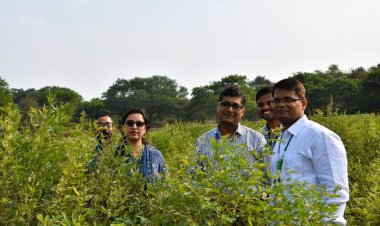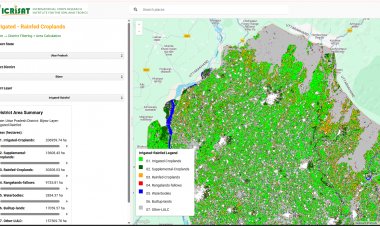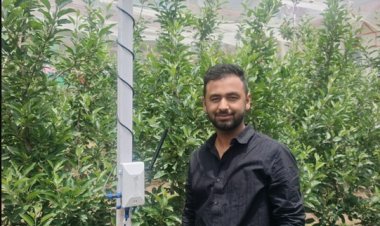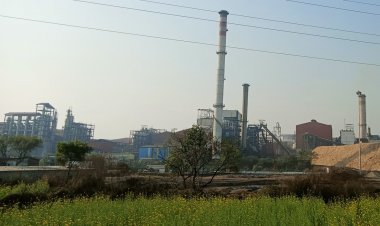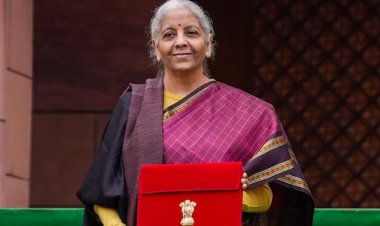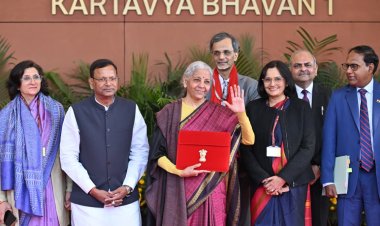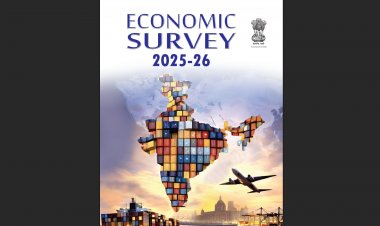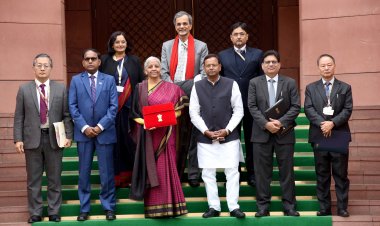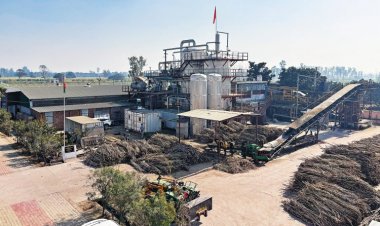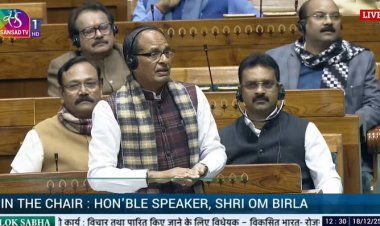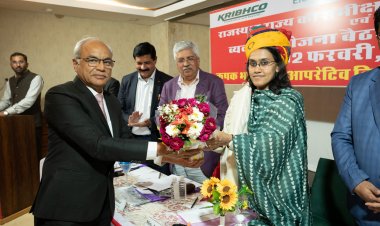Nuclear techniques can play crucial role in setting science-based global food standards
International Symposium on Food Safety and Control: FAO Director-General underscores the importance of nuclear technologies for measuring, managing and controlling food safety

An international symposium on Food Safety and Control in Vienna has underscored the importance of nuclear technologies for measuring, managing and controlling food safety.
Addressing the event, Qu Dongyu, Director-General of the Food and Agriculture Organization of the United Nations (FAO), stressed the need to control food safety from the start - from our soil, water, agricultural and post-harvest practices – underscoring the crucial role that nuclear technologies can play in setting science-based food standards.
“Nuclear technologies are very important tools for measuring, managing, and controlling food safety, and are complimentary to the One Health approach,” Qu said, with food safety and food supply being “fundamental for agrifood systems transformation”.
He made the remarks in a video message for the opening of the "International Symposium on Food Safety and Control" in Vienna today. The event is organized by FAO and the International Atomic Energy Agency (IAEA) through the Joint FAO/IAEA Centre of Nuclear Techniques in Food and Agriculture.
In his message, the FAO Director-General noted how the centre was founded in 1964 to advance global food security and sustainable agricultural development through the safe and appropriate application of nuclear science and technologies. “This visionary collaboration and our shared research laboratories are unique in the UN System," he said.
He further emphasized the urgency and relevance of the joint efforts: "The consequences of food and energy price spikes, natural and man-made disasters, the climate crisis, as well as ongoing conflicts, are significantly affecting food availability, accessibility and affordability globally.”
Under the theme “Safe Food for a Better Life” the Symposium aims to highlight the significant role of nuclear techniques in enhancing food safety and agricultural productivity and facilitate information exchange among researchers, officials, and other key partners from developed and developing countries.
Nuclear technologies offer competitive and often unique solutions to combat hunger, reduce malnutrition, enhance environmental sustainability and ensure food safety and authenticity. FAO and the IAEA have a strategic partnership to help member countries use these technologies safely and effectively.
The Joint FAO/IAEA Centre, along with its Agriculture and Biotechnology Laboratory, coordinates and supports applied research through more than 25 coordinated research projects annually. These projects involve over 400 international and national research institutions and experimental stations.
Additionally, the Centre supports more than 200 national and regional technical cooperation projects each year to transfer these technologies to member countries. The unique FAO/IAEA Laboratories conduct applied and adaptive research and development, providing standards, protocols, guidelines, training, and specialized services.
The joint FAO/IAEA Centre has been instrumental in leveraging nuclear technologies to address critical issues such as soil fertility, water management, pest control, and food safety. This partnership has resulted in numerous breakthroughs, including the development of improved crop varieties, more effective pest management strategies, and enhanced food safety protocols.
The Symposium marks a significant milestone in the ongoing collaboration between FAO and IAEA, showcasing the profound impact of nuclear technology on global food and agriculture.



 Join the RuralVoice whatsapp group
Join the RuralVoice whatsapp group


















